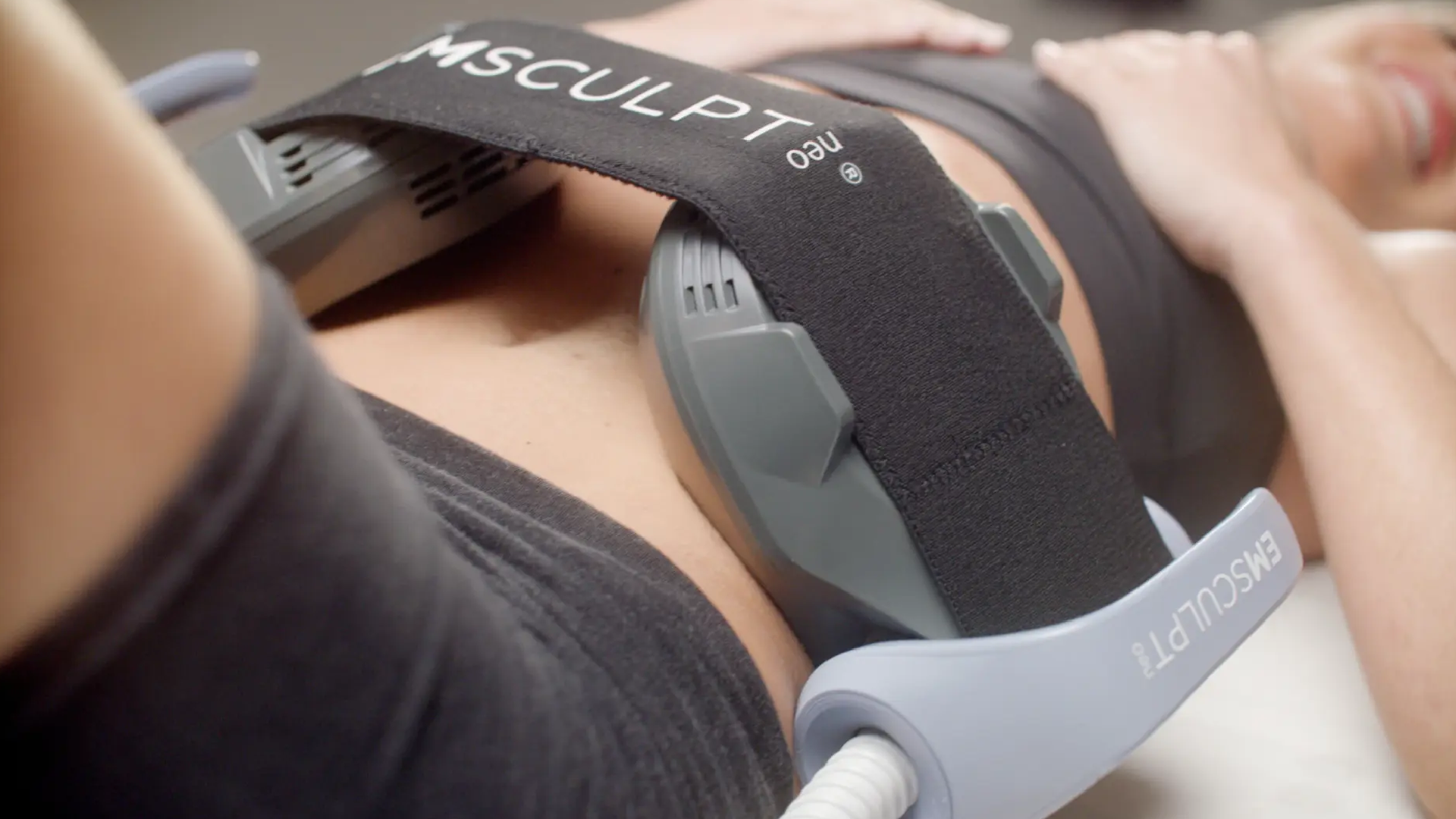Trends Shaping the Med Spa Industry in 2025
The med spa industry in 2025 is being fundamentally shaped by two major trends: personalization of treatments and significant technological advancements. Personalized treatments are gaining priority, focusing on tailor-made solutions for individual patient needs and preferences. This trend is propelled by consumer demand for more targeted and effective skincare regimens. For example, brands are increasingly utilizing advanced data analytics and artificial intelligence to create customized treatment plans that consider a patient’s unique genetic makeup and lifestyle choices. This shift towards personalization is also evident in the rise of combination therapies, where multiple treatments are offered in one session to maximize benefits, thereby enhancing overall customer satisfaction and loyalty. Some leading providers are already incorporating these strategies into their services to set themselves apart in a competitive market [Source: Forbes].
Technological Advancements in Med Spas
On the technological front, innovations are transforming med spa services. 2025 is seeing rapid adoption of advanced tools such as artificial intelligence and robotics within the aesthetic space. These technologies not only streamline procedures but also improve precision and outcomes. For instance, automated systems are being used in laser treatments and micro-needling to ensure consistent application, which can significantly enhance results [Source: Cosmetics Design]. In addition, new technologies are enabling remote consultations and monitoring, which support personalized at-home care and enhance patient engagement [Source: HIT Consultant].
AI and Personalization in Aesthetic Treatments
The med spa industry is experiencing a significant transformation through cutting-edge technologies that enhance client experiences and optimize treatment outcomes. Among the most notable advancements are AI-assisted procedures, which leverage artificial intelligence to personalize and streamline aesthetic treatments. This technology allows for precise skin assessments and tailored treatment plans, improving efficiency and satisfaction for clients. Research from the Future of Health Summit highlights that AI can increase healthcare workers’ interaction with patients while reducing time spent on administrative tasks, indicating a shift towards a more client-focused approach in medical services [Source: Axios].
Sustainability and Holistic Treatments
The demand for holistic treatments and natural-based products is rapidly increasing in the wellness and spa industries, driven by a growing awareness of sustainability and client preferences. Many spa-goers are opting for treatments that prioritize the health of both the body and the environment, reflecting a shift towards adopting values that support ecological responsibility and personal well-being.
Clients are increasingly leaning towards wellness experiences that integrate holistic approaches. For instance, the Layan Life method at the Anantara Layan Phuket Resort embodies this trend by focusing on treating individuals as complete beings—body, mind, and spirit. This approach emphasizes advanced diagnostics, bodywork, spiritual healing, and lifestyle practices aimed at fostering overall wellness, which aligns well with the rising interest in natural therapies and sustainability among consumers [Source: Forbes].
Furthermore, the market’s push towards sustainability is reshaping spa offerings. Establishments increasingly incorporate eco-friendly practices, using natural ingredients and promoting treatments that resonate with clients’ desires for authenticity and connection to nature. Reports highlight that the wellness sector is evolving to include more eco-conscious services, marking a significant shift in how spas curate their treatment menus to appeal to eco-aware clients [Source: Campaign Live].
Customer Engagement Strategies in 2025
In 2025, customer engagement strategies for med spas are being revolutionized by the adoption of virtual consultations and enhanced social media marketing. Virtual consultations have emerged as a pivotal tool that allows clients to receive personalized advice and treatments from the comfort of their homes. This trend not only caters to a growing demand for convenience but also increases the accessibility of services for clients hesitant to visit in person. By leveraging real-time data and AI-driven insights, med spas can offer tailored experiences that significantly enhance customer satisfaction and loyalty [Source: Finextra].
On the social media side, platforms like Instagram and TikTok are becoming essential for effective marketing strategies. Med spas are utilizing influencer partnerships and rich, interactive content to reach their target demographics more authentically. The rise of hyper-personalization—where brand messaging is tailored to individual user preferences—is expected to amplify engagement rates [Source: Retail Touchpoints]. By combining these strategies, med spas are not only enhancing their brand presence but are also fostering a deeper connection with their clients, making the customer experience more engaging and interactive [Source: Ad Age].
Conclusion
As the med spa industry continues to evolve, embracing these trends is essential for staying competitive. The integration of personalized treatments, advanced technologies, sustainable practices, and innovative customer engagement strategies are setting a new standard for the future of aesthetic treatments.
Sources
- Axios – Expert Voices on AI in Healthcare Workforce
- Ad Age – How Brands Offer Purpose and Joy in Crisis
- Campaign Live – EMC3 HP Took Sustainability to New Heights on Big Stage
- HIT Consultant – Fuze Health Launches Truepill and LetsGetChecked Integration
- Cosmetics Design – Next-Gen Tech in Cosmetics
- Finextra – Scaling Engagement into Sales Growth
- Forbes – How This Thai Resort is Becoming a Wellness Disruptor
- Retail Touchpoints – Hyper-Personalization Strategies Any Retailer Can Try








